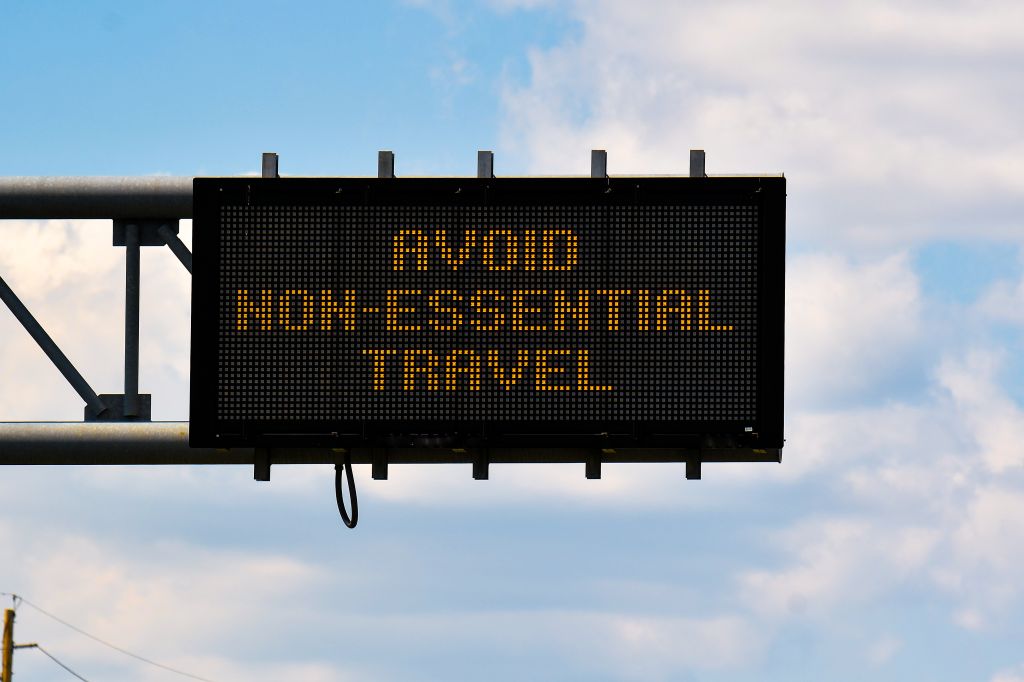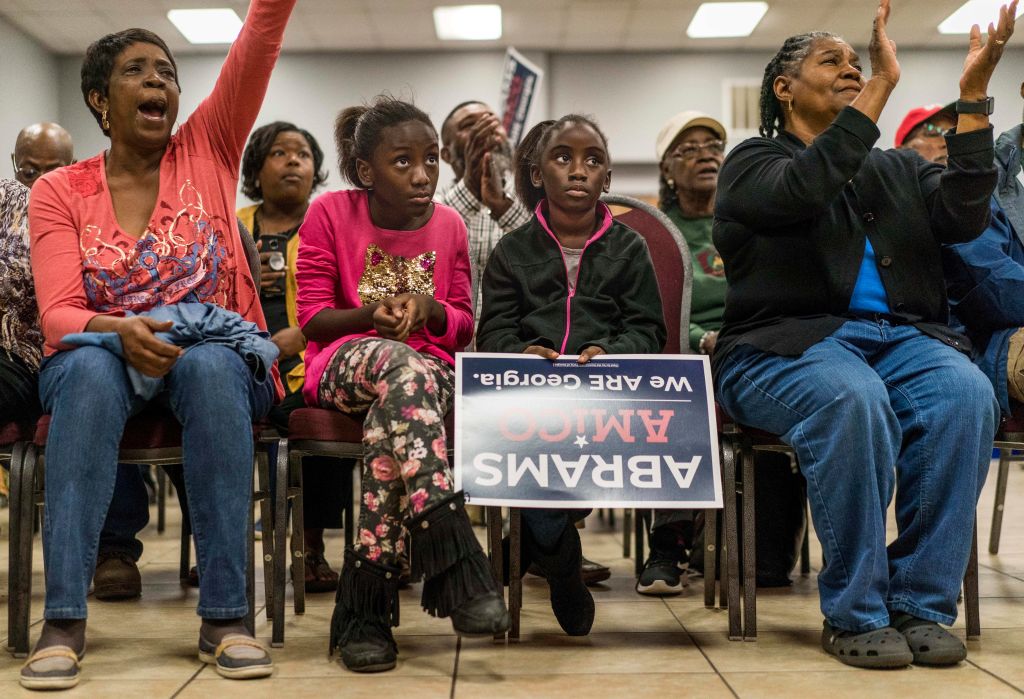
Source: Robert D. Barnes / Getty
The National Association for the Advancement of Colored People’s (NAACP) travel advisory for the state of Florida comes as a direct warning to individuals, particularly those from marginalized communities, about the potential risks they may face while visiting or residing in the Sunshine State.
“Under the leadership of Governor Desantis, the state of Florida has become hostile to Black Americans and in direct conflict with the democratic ideals that our union was founded upon.”
— NAACP President and CEO @DerrickNAACP
Take a stand with us. https://t.co/zsgLbNYL8t
— NAACP (@NAACP) May 20, 2023
While Florida grapples with its own set of issues, it is essential to acknowledge that other states have also enacted legislation that disproportionately affects Black people. These states, including Tennessee, Mississippi, Georgia, Texas and Louisiana, have implemented policies that exacerbate inequalities and underscore the urgent need for systemic change.
The NAACP is not alone in cautioning travelers against visiting Florida. The League of United Latin American Citizens and LGBTQ advocacy group Equality Florida have also released travel advisories, expressing concerns about Florida Governor Ron DeSantis’ alleged efforts to erase Black history and restrict diversity, equity, and inclusion programs in the state’s educational institutions.
In addition to Florida, states such as Tennessee, Mississippi, Georgia, Texas, and Louisiana have also faced scrutiny for their problematic legislation that disproportionately affects marginalized communities. Here’s why:
Tennessee
The recent case of the “Tennessee Three” exemplifies the fear and concerns faced by Black individuals in the state. This incident underscores the urgent need to address systemic racism and its far-reaching consequences.
Mississippi
Mississippi’s failure to address the water crisis in its capital city, coupled with the establishment of a new police force, raises serious concerns about the disproportionate impact on Black residents. These issues constant cycle of marginalization and discrimination.
Georgia
Georgia’s voting restrictions have been heavily criticized for having a disproportionate impact on Black areas. These rules create hurdles to equal representation and make it difficult for Black people to fully participate in the democratic process.
Texas
Texas’ controversial gun laws, combined with efforts to suppress voter turnout, amplify concerns for Black communities. These policies contribute to a heightened sense of vulnerability and restrict the rights of Black people.
Lousiana
In a troubling move, Louisiana voted against a ban on slavery in November. This decision is a painful reminder of the enduring racial injustices that persist in the state. It emphasizes the urgent need for continued efforts to rectify historical wrongs and fight for equality.
These examples highlight the significant issues confronting Black communities across the country. However, recognizing and addressing the underlying inequities that persist in these communities are very important when it comes to the safety of Black Americans.
SEE ALSO:
Tweets Link Florida Parent At Center Of School Book Ban To White Supremacists, Far-Right Extremists
Tennessee’s Proclamation For Confederate History Month Doesn’t Mention Slavery Once
window.addEventListener(‘interaction’, function () {
setTimeout(function () {
var s = document.createElement(‘script’), el = document.getElementsByTagName(‘script’)[ 0 ];
s.async = true;
s.src = ‘https://platform.twitter.com/widgets.js’;
el.parentNode.insertBefore(s, el);
}, 1000)
});

